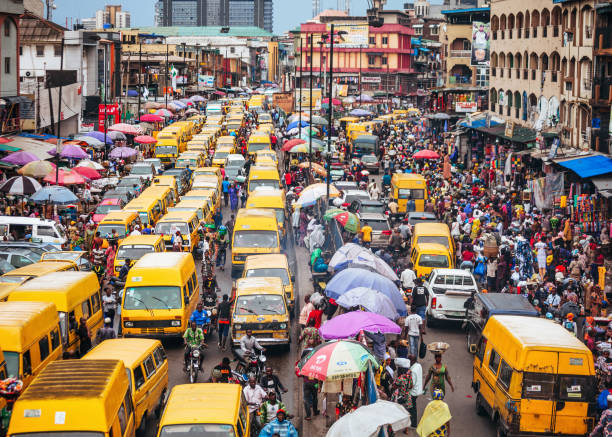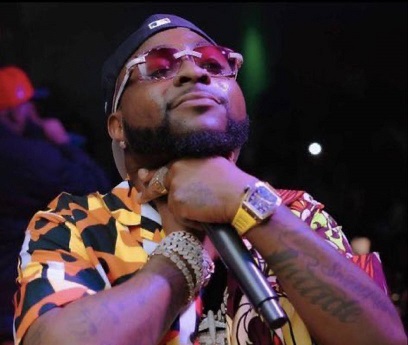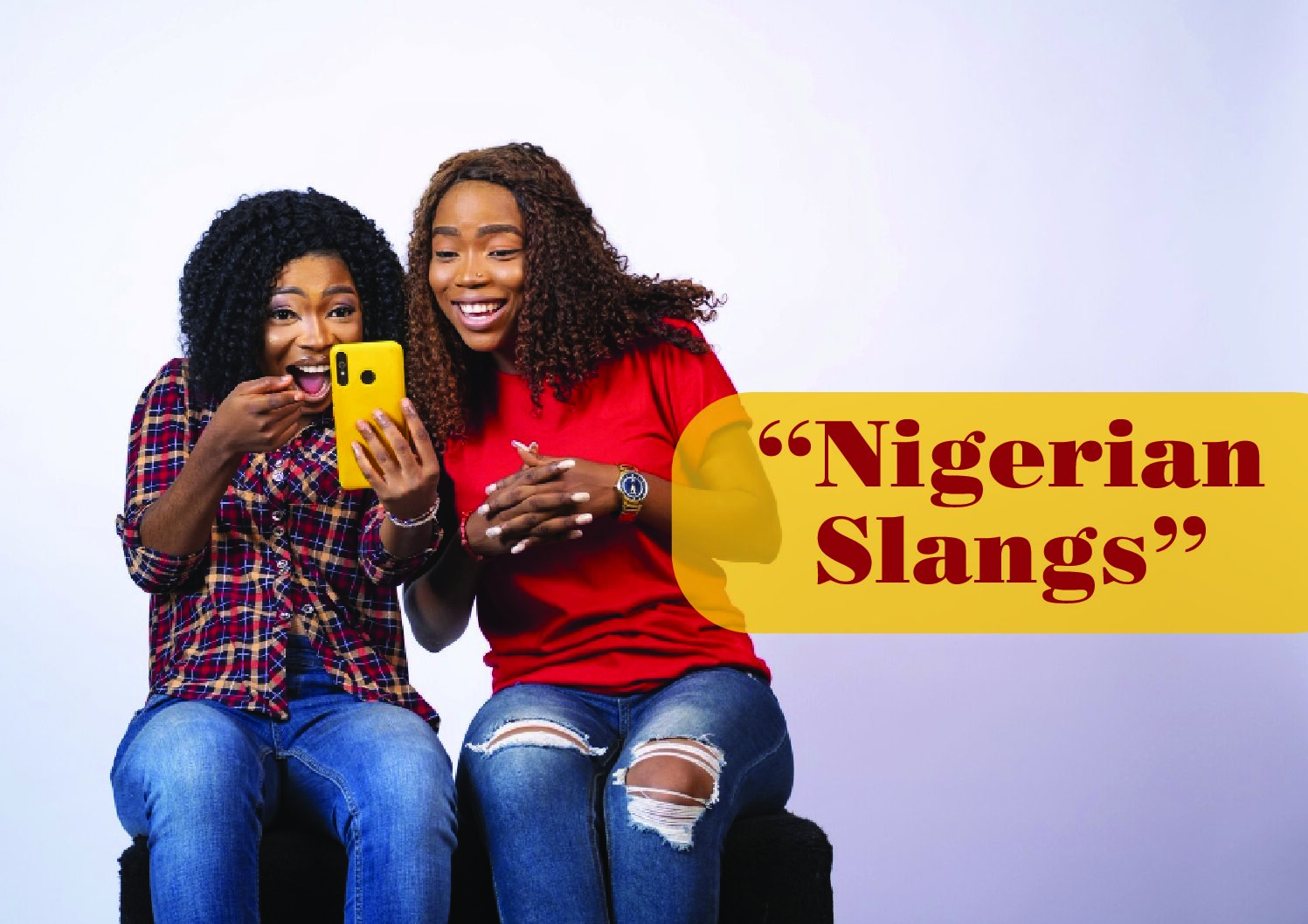Nigerian slangs are an essential part of the Nigerian culture, and it’s a language that many Nigerians understand and speak. Slangs are spoken in different dialects across the country, and it’s a popular way of communication among Nigerians.
While we may use slangs for the sake of fun and easy communications, slangs are much more important than that. They play a huge role in preserving cultures and authenticity of a person. Slangs elevate conversations and leave outsiders wondering, “What is happening?”
Nigerian Slangs

A Slang is a vocabulary (words, phrases, and linguistic usages) of an informal register, common in verbal conversation but avoided in formal writing. It also sometimes refers to the language generally exclusive to the members of particular in-groups in order to establish group identity, exclude outsiders, or both.
Most Nigerian slangs spring from the most unlikely of places, as well as from the most unlikely of people, and more often than not, they start as a joke.
A celebrity, like a musician, can utter a statement or say a word during a song, and the next thing, it gets repeated enough that it becomes a trend.
While Nigerian slangs some might trend for a while before fading into obscurity, others linger for years.
If you are visiting anywhere in Nigeria, don’t be daunted by the numerous indigenous languages, we’ve compiled the ultimate guide to popular Nigerian slangs you are likely to hear in conversations.

- E Choke – This slang was introduced by famous Nigerian singer Davido. “E Choke” literally means “It Chokes”. However, in the street lingua, it is an exclamatory remark for something overwhelming or extremely impressive.
- Chop breakfast / serve breakfast – Literally means “to be heartbroken”
- Sapa – This slang has been the most used word on social media lately. It is a term used to describe a state of being extremely broke or poor, usually after spending extravagantly.
- Omo! – ‘Omo’ is usually used to express excitement, shock, and surprise amongst others. Whenever a surprising event takes place, and you don’t have anything to say but don’t want those around to feel as though you’re snubbing them, give them an ‘Omo!’
Read also – “Facts About Kinyarwanda: Rwanda Language“
- Aza – This is a popular slang that simply means bank account digits. When a Nigerian says “send your aza”, he or she simply means send your account number.
- Abi? – This means ‘Right?’ or ‘Isn’t it?’ For example, you might say: ‘This shade of green is olive green, abi? ’Which means: ‘This shade of green is olive green, right?’
- “We Meuuve” – Translated as “we move“, this slang is better accepted as a motivational phrase and a way of Nigerians saying “life goes on.”
- Japa: This Nigerian slang is a Yoruba word which means “to flee, escape or run”, But once you hear “Japa”, it tells you the person wants to travel abroad. This is a slang you would find every migrating Nigerian using to describe the process.
- Dey play – means to continue wasting time; being unserious. “dey play” is a catchphrase that tells others they need to double up their work and stop being unserious with life.
- Jara is a Nigerian slang derived from Yoruba language, and it means to add extra or give a freebie after something has already been bought or paid for, at the seller’s discretion. E.g. “Please add jara”
- Abeg – simply means ‘Please.’
- Wahala – means ‘Trouble’, and its meaning can change depending on context. When someone says ‘No wahala, they could mean ‘Yes’ or ‘No problem’.
- Wetin – “What?” ,”Yes?” that’s what it means
- Yab – This is a Nigerian slang mostly used by younger people. It means to diss or make fun of someone. For example, ‘he loves to yab people’ means ‘he loves to diss people’.
- Chop knuckle means To give someone a high five.
